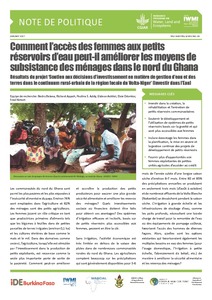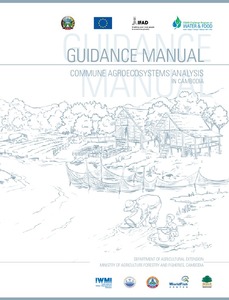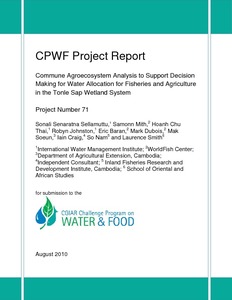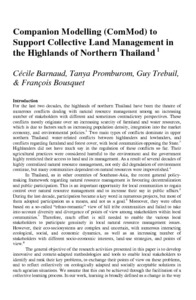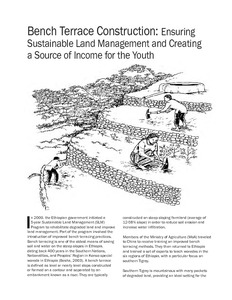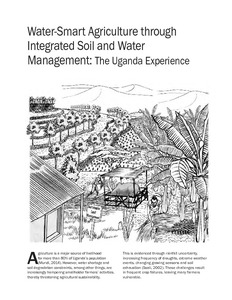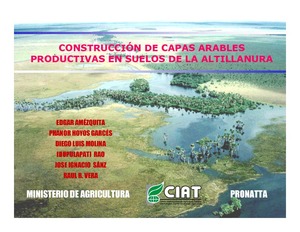Commune Agro-ecosystems in Cambodia, a Guidance Manual
Commune Agroecosystems Analysis (CAEA) is a participatory analysis methodology used by the Department of Agricultural Extension to identify and prioritize agricultural development needs at the commune level. This manual provides a step-by-step procedure to implement CAEA
Commune agroecosystem analysis to support decision making for water allocation for fisheries and agriculture in the Tonle Sap wetland system
The Project on Commune Agroecosystem Analysis to Support Decision Making for Water Allocation
for Fisheries and Agriculture in the Tonle Sap Wetland System was undertaken with the aim of
improving fisheries considerations in the Commune Agroecosystem Analysis (CAEA) process
undertaken in Cambodia, to facilitate better planning at the commune level. Under this project a
number of changes were made to the CAEA tools and process and pilot tested in an adaptive,
iterative manner in four communes – two that had conducted a CAEA previously and two that had
Companion modelling for integrated renewable resource management: A new collaborative research approach to create common values for sustainable development
Comparative phenology of epiphytic and tree-phase strangler figs in a Venezuelan palm savanna
Compatibilidade de conjuntos de criterios e indicadores para avaliar a sustentabilidade do manejo florestal na Amazonia Brasileira
Criteria and indicators (C&I) are tools to define, communicate and evaluate the sustainability of forest management. Since the Rio summit in 1992, numerous initiatives developed a various C&I sets as multifunctional tools to be applied for monitoring, auditing, science and decisions makers. The existing diversity of C&I sets is a cause for uncertainty and confusion, and thereby diminishes the acceptance and efficiency of the tool.
Conceptualising context in institutional reforms of land and natural resource management: the case of Vietnam
Research and policy debates over natural resource management in developing countries have largely focused on identifying the set of institutions that best supports resource sustainability and poverty alleviation. We argue that beyond finding the right institutional fit for a social-ecological system, it is equally important to understand how context affects the design and outcomes of institutional reforms. We propose a refined conceptualisation of context, based on a revision of the Institutional Analysis and Development framework.

